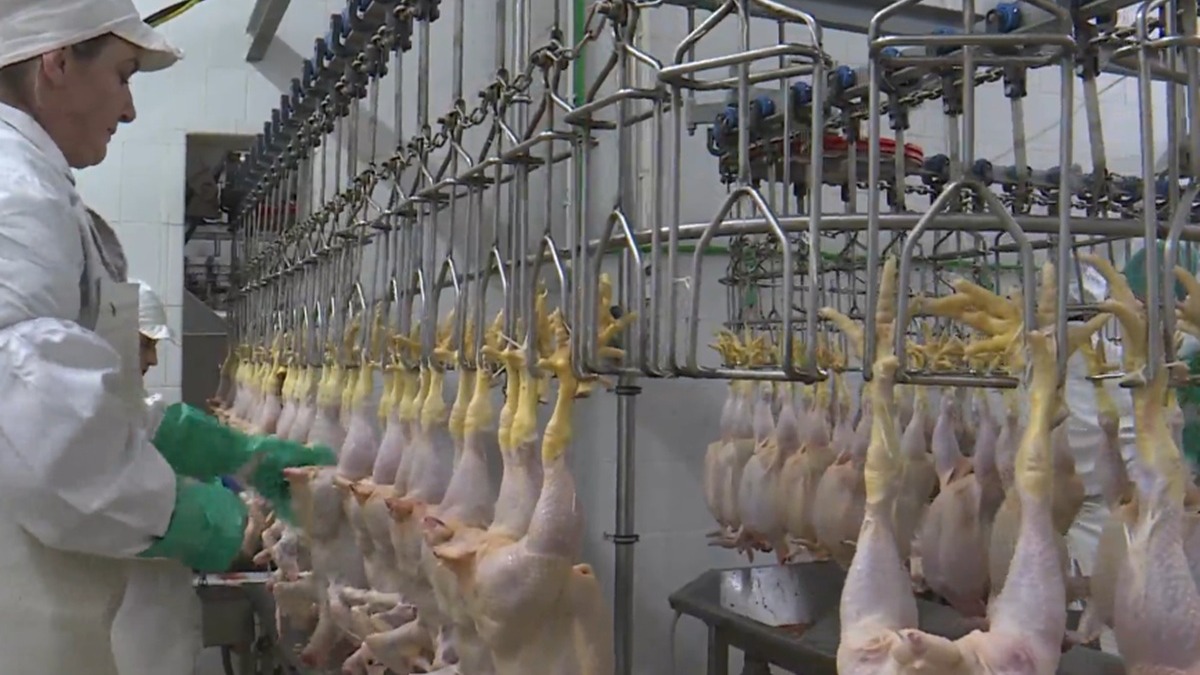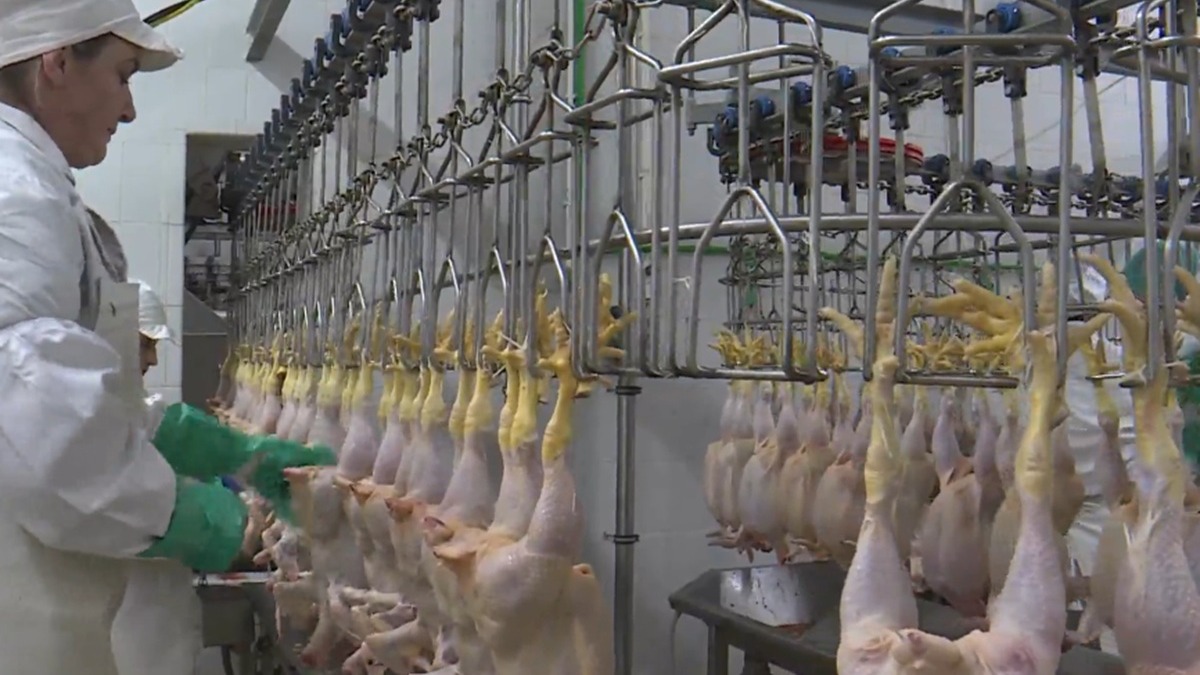Montenegro and Food: Why Are We Importing €31 Million Worth of Chicken While We Can Produce More?
Did you know that Montenegro imported chicken meat worth a whopping €31 million last year? Yes, you read that right – 31 million euros! While this money flows out of the country, our domestic production is either stagnant or barely growing. How is this possible in a country that has the potential to produce much more?
Mesopromet – Domestic Production Hero or Slow Player?
The Bjelopolje-based company Mesopromet produces about 1.1 tons of chicken meat annually and employs nearly 200 workers. Owner Hilmo Franca claims they could increase production and completely eliminate chicken imports within 5 to 6 years. But the problem is that the government does not provide enough support or incentives.
“We have plans to increase production by 7-8%, but we are stagnating due to lack of government assistance,” says Franca. He emphasizes that the state should pay much more attention to agriculture and provide better conditions for producers.
Why Isn’t the Government Helping?
While millions of euros are spent on imports, local producers struggle with issues like lack of premiums for calf breeding and inadequate support for cooperants. Mesopromet plans to increase the number of cattle by the end of September, but without government help, it’s a fight against windmills.
What Does This Mean for Us?
More imports mean less money in our economy and dependence on foreign suppliers. It’s like throwing money out the window while having everything we need in our own backyard. Increasing domestic food production is not just an economic issue but also a matter of national security and self-sufficiency.
Will Anything Change?
If the government doesn’t start listening to producers and provide the right conditions, we can expect imports to keep rising and domestic production to stagnate. That means we’ll keep throwing millions of euros on something we can make ourselves.
Conclusion
Montenegro has the potential to be self-sufficient in food production, but without real government support, it remains just a dream. How long will we allow our money to flow abroad? Maybe it’s time to ask – who’s really pulling the strings in our agriculture?
What do you think? Does the government really want to support domestic production, or is this all just a show for the public? Drop a comment and let the people’s voice be heard!
Slug: crna-gora-hrana-uvoz-piletina-proizvodnja








